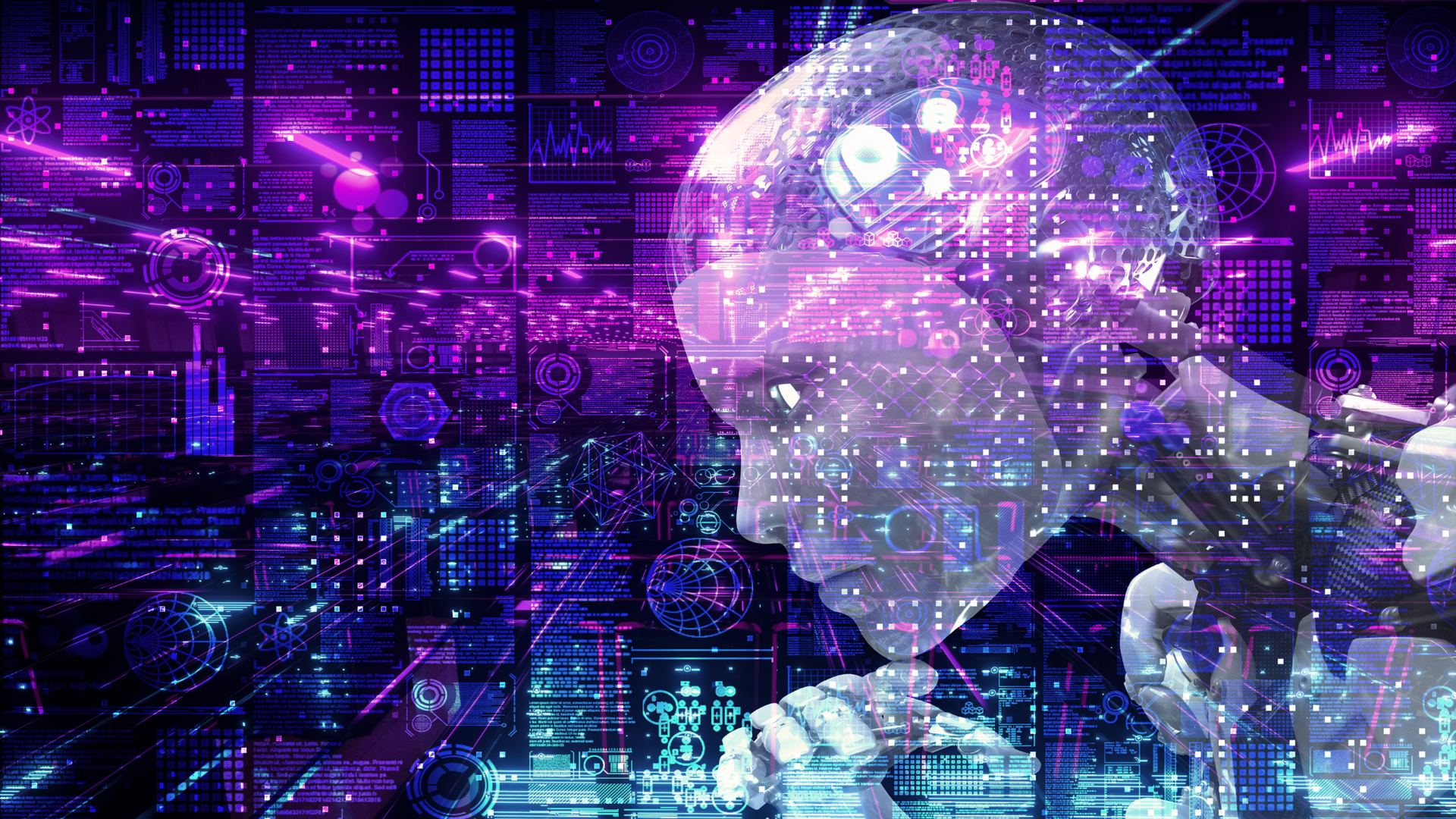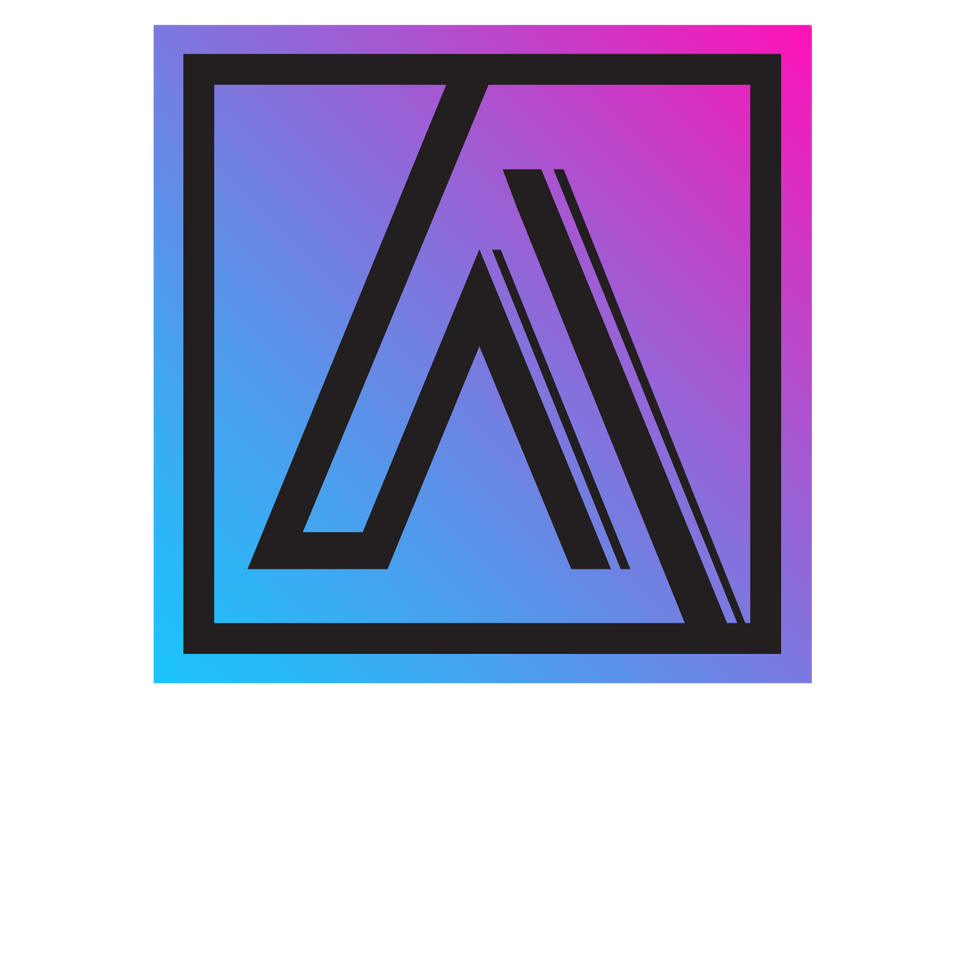
This article is for educational purposes only. Nothing in this article shall constitute legal or other professional advice or an opinion of any kind. Please contact Amar-VR Law, or your own legal counsel, if you have any questions regarding a specific legal issue.
Working in the Video Game industry means embracing innovation, pushing creative boundaries, and staying on top of the latest trends in design and technology. Recently, the trend that’s shaken up the industry is the use of artificial intelligence (AI) to produce creative assets for Video Games. The rapid advancement of AI, along with unclear AI policies from publishers and platforms, has left many developers unsure of how to use AI in their Video Games, if at all.
Unfortunately, as some developers are finding out too late, legal issues involving the use of generative AI can lead to significant publishing complications, making this a timely and pressing matter.
In this blog post, we'll explore some current issues and lawsuits regarding AI-generated content, what the big industry names are saying about the use of AI-generated assets, and how developers can avoid issues with AI elements in their Video Games.
Why Are AI-Generated Assets an Issue in Video Game Development?
Before we get too far, you may be wondering, "How is AI used in Video Game development?". When discussing AI-generated assets, we're referring to creative elements within a Video Game that were produced using artificial intelligence algorithms and tools. These algorithms are given vast amounts of existing creative content to analyze, training them to generate original assets that can be used in a Video Game, such as music, characters, environments, dialogue, storylines, and more. While the use of AI offers exciting possibilities for developers, it also opens the door to possible legal repercussions.
Why would AI-generated content come with legal challenges? When the algorithms are trained using images, music, or other creative works that belong to an existing author, it's not uncommon for elements of protected IP to end up in the final AI-generated asset. If those creative works were taken without permission and used to train the AI model, it could lead to potential copyright infringement claims and other legal consequences. For this reason, it's crucial for developers to make sure their AI tools are not trained on content that infringes upon existing IP rights.
You might be familiar with some current class-action lawsuits related to AI. Such lawsuits include one targeting Microsoft, GitHub, and OpenAI for their AI coding tool accused of emitting long strings of licensed code. This code was taken without permission from, or credit given to, their authors. Another has Midjourney, Stability AI, and DeviantArt in its crosshairs, alleging the unauthorized use of copyrighted artwork for generative AI. A third involves Getty Images suing Stability AI for similar unauthorized use of their watermarked stock photos. These are all ongoing legal battles, each with potentially precedent-setting consequences for creators, developers, and publishers.
What Are The Major Gaming Brands' Policies on AI-Generated Assets?

When considering the use of generative AI in their Video Game, developers must also make sure that their chosen platform allows it. Policies surrounding AI in Video Games vary greatly, with some platforms banning AI-generated content altogether, and some allowing for its use within certain parameters. Frustratingly, many big brands still remain quiet regarding their positions on generative AI, leaving studios and developers unsure of the best path forward.
Here are some current stances and speculations on generative AI from major Video Game platforms:
- Steam: Steam has not yet made their position on generative AI public. However, conversations with our clients suggest a possible blanket policy against it. This would likely stem from potential risks associated with intellectual property (IP) infringement, since IP ownership related to AI-generated assets is currently a legal grey area itself. Carefully consider the possible repercussions of using AI-generated assets in your Video Game if you plan to publish it through Steam!
- Epic Games Marketplace: The Epic Games Marketplace has a more flexible policy towards AI-generated assets. Creators can use AI-generated content to develop assets for Video Games, as long as they tag the asset appropriately and comply with all applicable IP laws. This means only using AI models trained on materials provided with the owner's permission. The responsibility for compliance falls on the creator, so be very careful if you choose to use AI-generated assets from this platform.
- The PlayStation Store: The PlayStation Store doesn’t have a specific policy against AI-generated assets in Video Games. That being said, Sony is currently working on some interesting video game features that include artificial intelligence, so we may see some flexibility around the use of AI assets on this platform in the coming months.
- Xbox Marketplace: The Xbox Marketplace is another platform that hasn’t yet released a public policy regarding the use of AI-generated assets in Video Games, though it’s possible that some leniency will exist, as Xbox is using AI in some of their own development projects. With Microsoft, the owner of Xbox, working diligently to produce their own AI tools, we can expect them to provide a clear answer in the near future.
Though a discouragingly low number of brands have shared a clear stance on the use of AI in their Video Games, the rapid adoption of this new technology makes them unlikely to remain silent much longer.
Tips for Avoiding Legal Issues With AI-Generated Assets

Video Game developers who want to include AI-generated assets in their games while avoiding potential issues can mitigate their risk by following these tips. Keep in mind that this advice won't apply in the case of a blanket policy against AI assets!
- Get Familiar With Platform Policies:
As you might expect, it's important to thoroughly review the policies of the platforms you intend to release your game on. Understand their stance on AI-generated assets and any specific requirements or restrictions they may have. By understanding the platform's policies in advance, you can tailor your development approach accordingly to avoid legal issues.
- Seek Legal Advice: Book a consultation with a Video Game Lawyer if you’re uneasy about using generative AI to develop your game. They can guide you through the legal implications of using AI-generated assets, and offer insights about IP laws specific to your situation.
- Transform AI-Generated Assets: If you are going to use generative AI to create Video Game content, consider modifying the AI-generated assets to make them more original. Add or change creative elements, or combine them with other assets, to create a derivative work. This reduces your likelihood of infringing on IP rights.
- Create Your Own AI Model: More realistic for larger studios, developing your own proprietary AI model gives you more control over the training materials and, therefore, the generated assets. This way, you can avoid creating assets that infringe on the intellectual property rights of others.
By staying informed about platform policies, seeking legal advice as needed, and taking a cautious approach to generative AI in their games, developers can navigate the legal landscape surrounding AI-generated assets with fewer risks.
Conclusion
Using artificial intelligence in your Video Game design can be an exciting and innovative way to enhance creative elements and offer new gameplay features. But, be sure to take the legal implications of AI-generated assets seriously, otherwise what was once a thrilling new project can quickly become a legal headache when it comes time to publish the game.
A Video Game Lawyer is a valuable resource for those unsure of how they should use AI in the development of their Video Games, if at all. Contact Amar-VR Law if you have questions about using generative AI in your Video Game, or to explore publishing options if it’s already been done.
Though the issue of AI in Video Games is one muddled with uncertainty, one thing is clear: using AI in game development comes with significant legal risks.

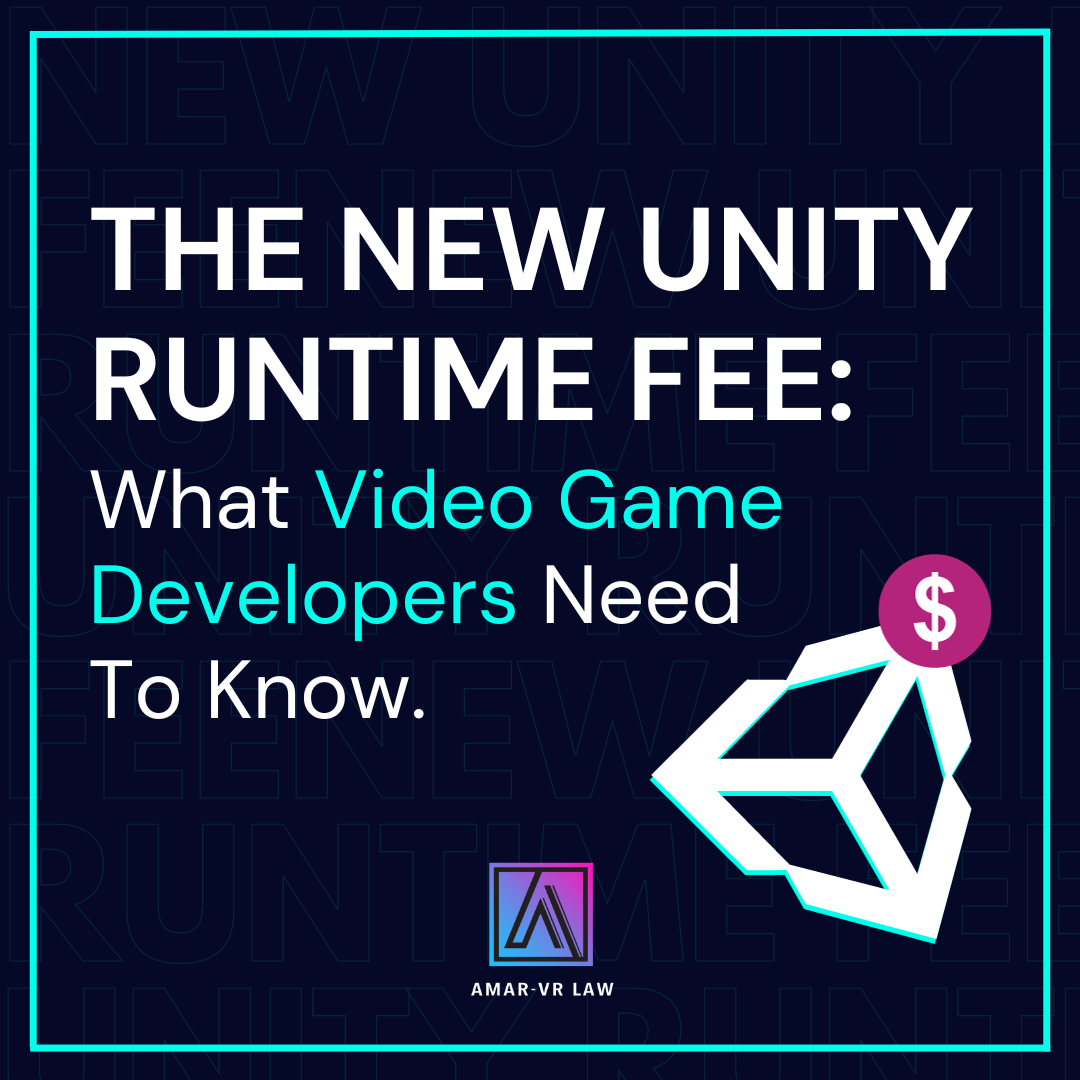
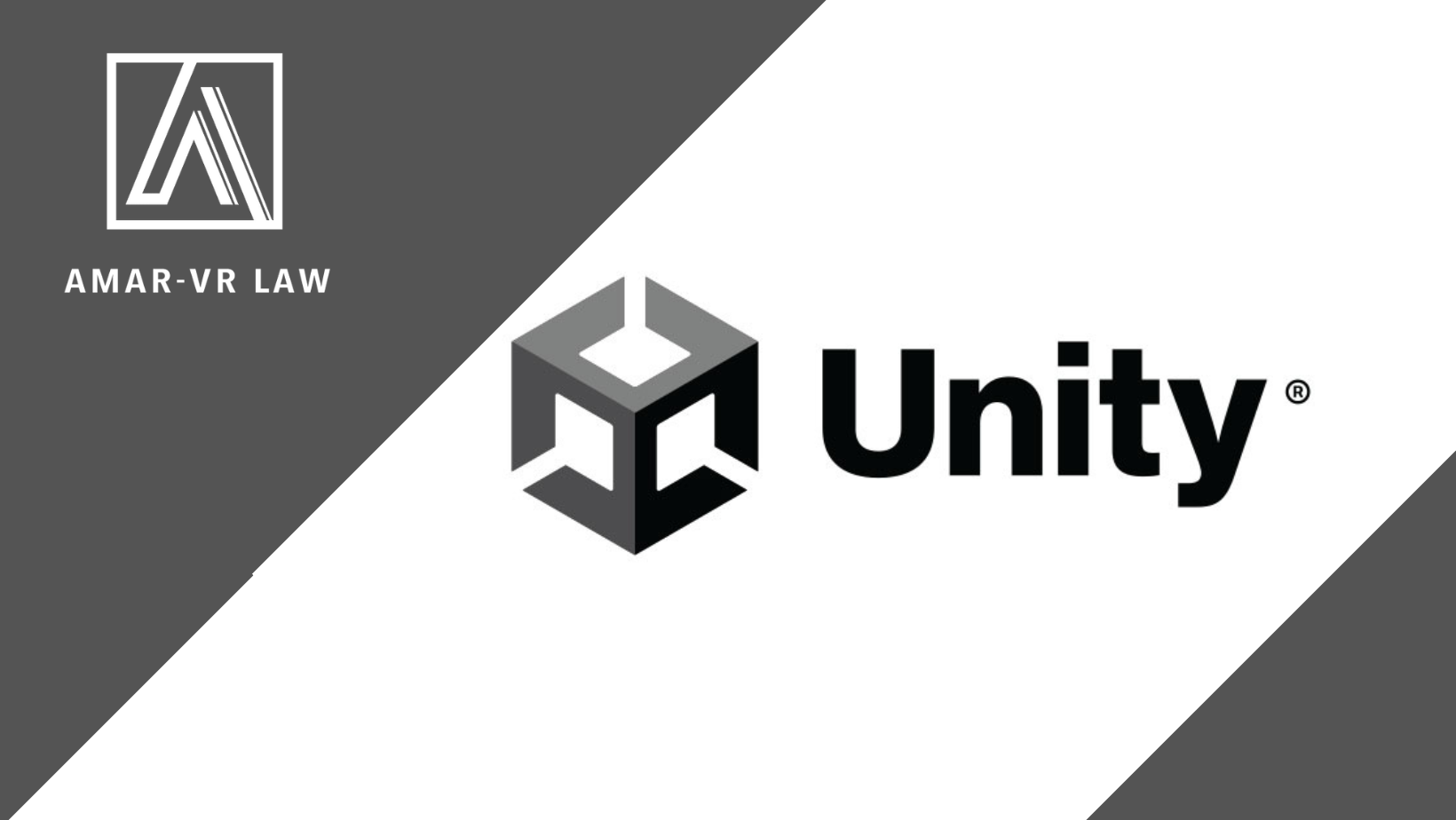
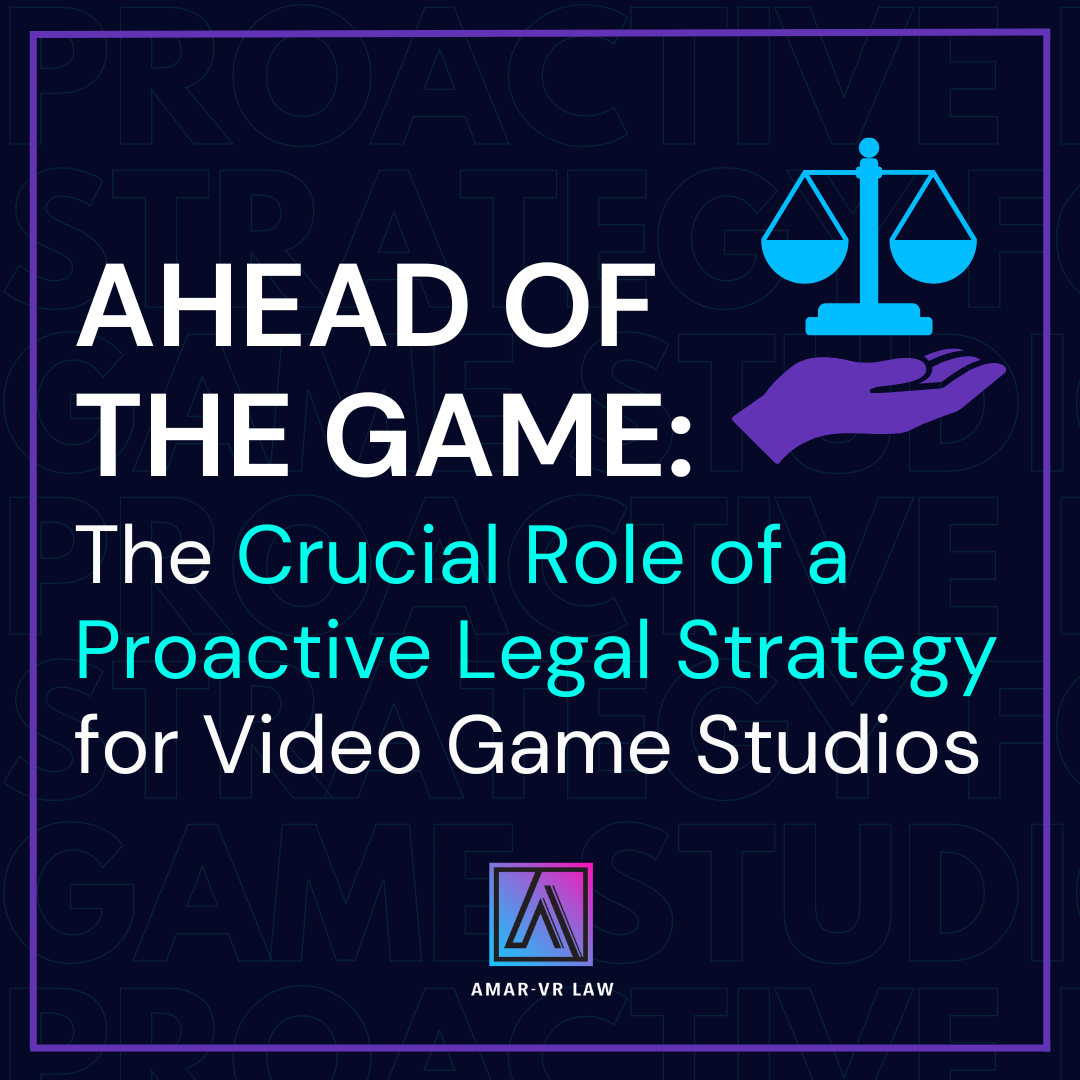
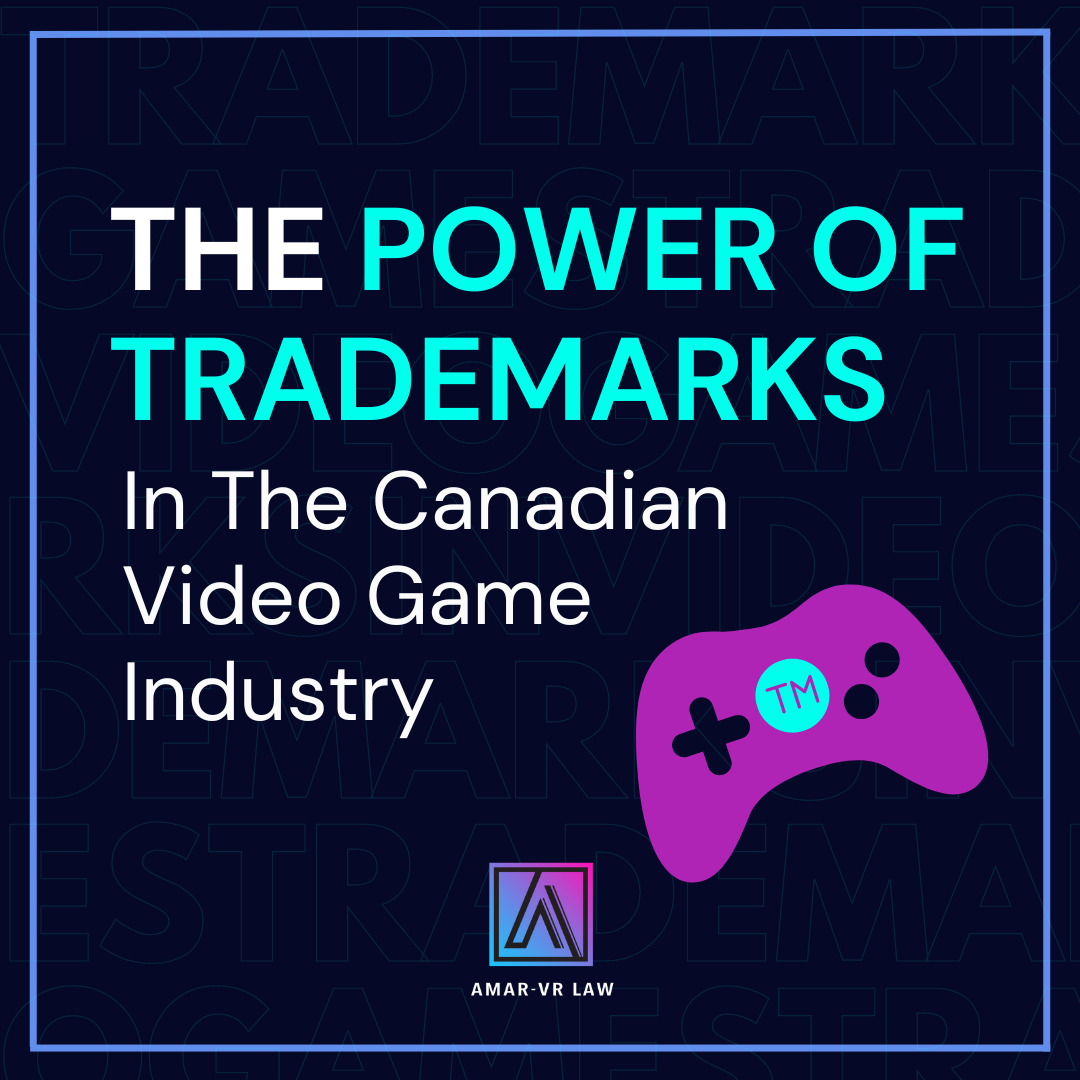
Address:
100 King Street West,
Suite 5700
Toronto, ON
M5X 1C7
Email: hello@amarvrlaw.com
Phone: 289-919-5929
Business Hours:
Monday: 10:00 AM – 6:00 PM
Tuesday to Friday: 9:00 AM – 5:00 PM
Saturday 9:00 AM – 12:00 PM
Address:
100 King Street West,
Suite 5700
Toronto, ON
M5X 1C7
Email: hello@amarvrlaw.com
Phone: 289-919-5929
Business Hours:
Monday: 10:00 AM – 6:00 PM
Tuesday to Friday: 9:00 AM – 5:00 PM

